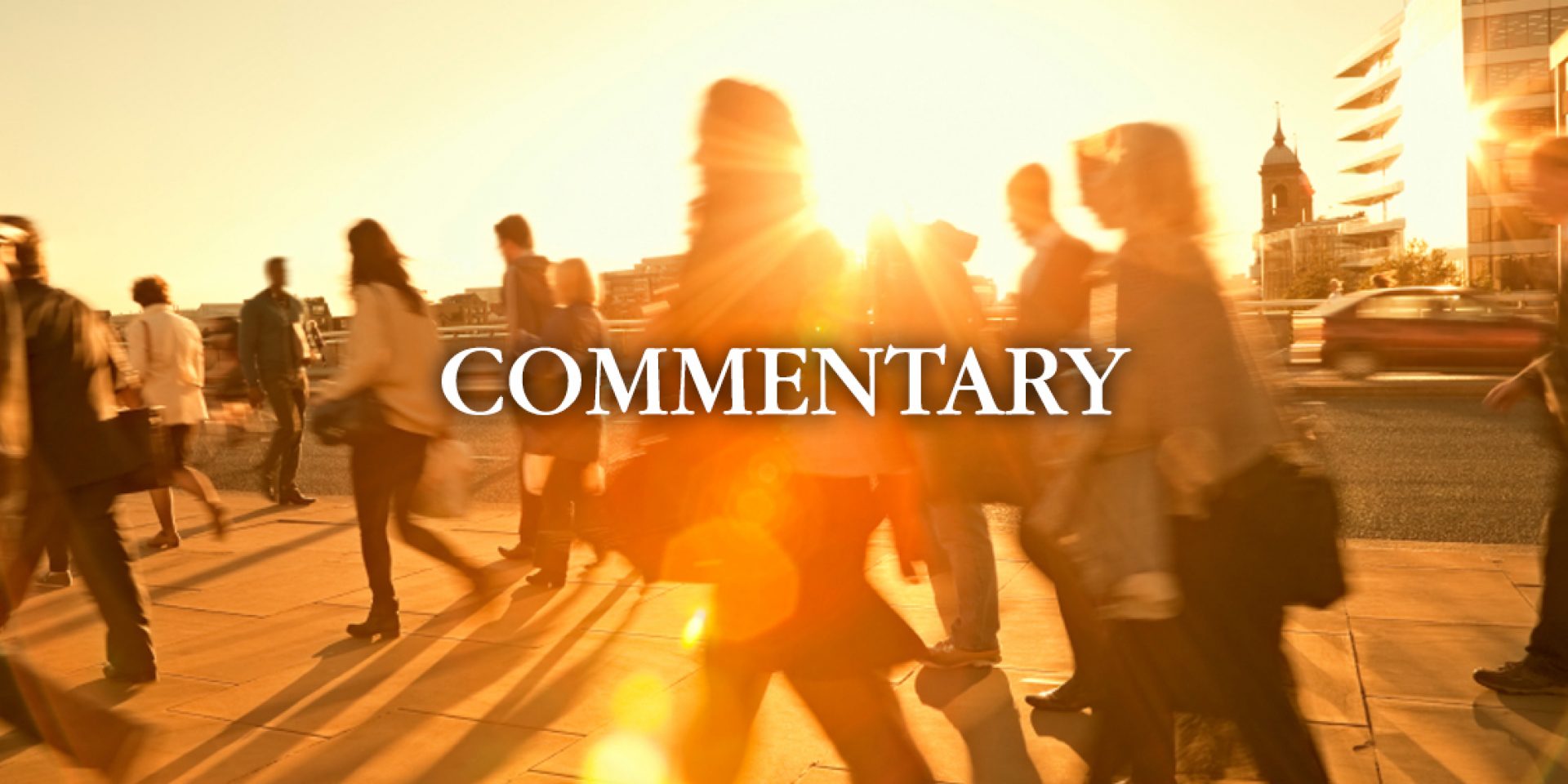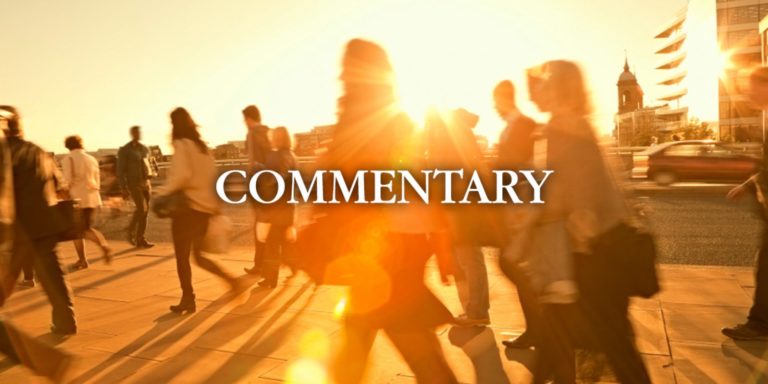“Economies are not delivering for most citizens because of weak competition, feeble productivity growth and tax loopholes. The answer needs to start with acknowledgement of the fact that something has gone very wrong”
Martin Wolf, Financial Times, September 2019
As if to rebut our argument last month that there has been spectacular progress in every single measure of human wellbeing and that almost no one knows about it, as Steven Pinker argues compellingly in his book Enlightenment Now, Martin Wolf, the chief economics commentator of the Financial Times, has written a strongly worded indictment of current capitalism. It is well worth reading. Of course, we agree that there are inefficiencies, regulatory issues and market failures, but to take such a pessimistic view strikes us as just the type of negativity that should be countered by the facts of the progress achieved.
It is a fact of a market economy that people, companies and economies must be competitive in order to foster, and one of the key roles of governments and states is to create the stability, legal certainty, education, healthcare and social security that allows them to do so. Different economies have different models that have had varying degrees of success, but there are plenty of examples that show how it can be achieved.
Rather than take issue with the outcome and seek to increase taxes on companies, profits and incomes, or increase regulatory burdens in ways that may be necessary but must be offset against the risk of raising barriers to entry for newcomers, stifling competition and favouring the incumbents who have the scale and resources to comply (as is already the case with the European MIFID II financial regulation and GDPR privacy regulation), it seems to us that the focus should be on opportunities and education, and on increased investment by people, companies and governments in areas where there is a lack of facilities that allow people to get the qualifications and experience they need to do well. After all, the US and many parts of Europe are faced with shortages of qualified people in many sectors of the economy, in industrial, engineering, computer science and healthcare among many others, and economic growth globally means immigration is falling not rising, as people find opportunities in the places they live.

